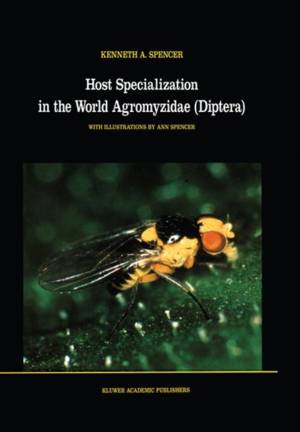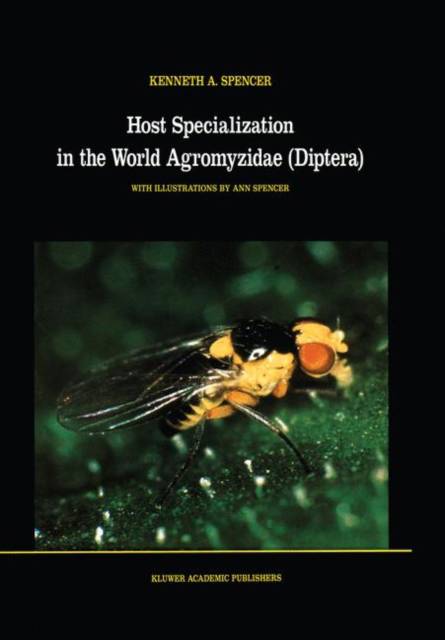
Bedankt voor het vertrouwen het afgelopen jaar! Om jou te bedanken bieden we GRATIS verzending (in België) aan op alles gedurende de hele maand januari.
- Afhalen na 1 uur in een winkel met voorraad
- In januari gratis thuislevering in België
- Ruim aanbod met 7 miljoen producten
Bedankt voor het vertrouwen het afgelopen jaar! Om jou te bedanken bieden we GRATIS verzending (in België) aan op alles gedurende de hele maand januari.
- Afhalen na 1 uur in een winkel met voorraad
- In januari gratis thuislevering in België
- Ruim aanbod met 7 miljoen producten
Zoeken
€ 489,45
+ 978 punten
Omschrijving
Firstly, their number amounts lead to mistaken conclusions especially in regions to more than one quarter of all recent species (ex where only few observations were possible, as well cluding fungi, algae and microbes) and together with as in the case of uncommon insect species.
Specificaties
Betrokkenen
- Auteur(s):
- Uitgeverij:
Inhoud
- Aantal bladzijden:
- 444
- Reeks:
Eigenschappen
- Productcode (EAN):
- 9780792304029
- Verschijningsdatum:
- 1/08/1990
- Uitvoering:
- Hardcover
- Afmetingen:
- 210 mm x 297 mm
- Gewicht:
- 1454 g

Alleen bij Standaard Boekhandel
+ 978 punten op je klantenkaart van Standaard Boekhandel
Beoordelingen
We publiceren alleen reviews die voldoen aan de voorwaarden voor reviews. Bekijk onze voorwaarden voor reviews.









